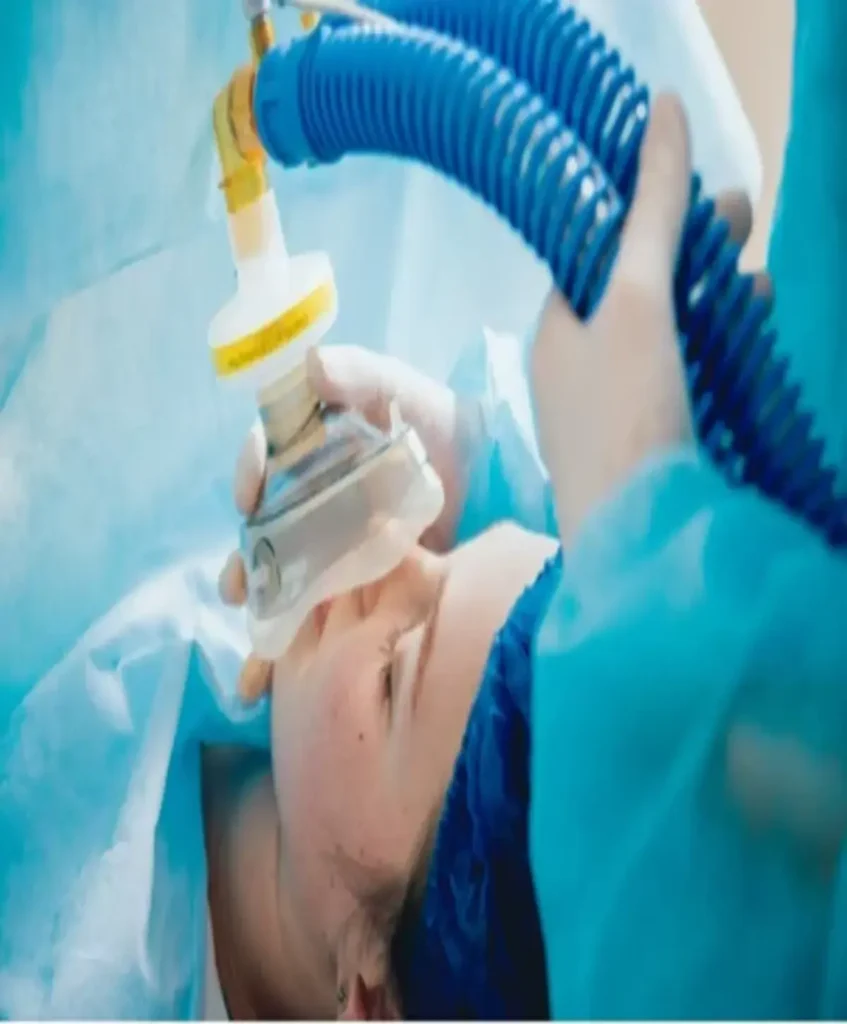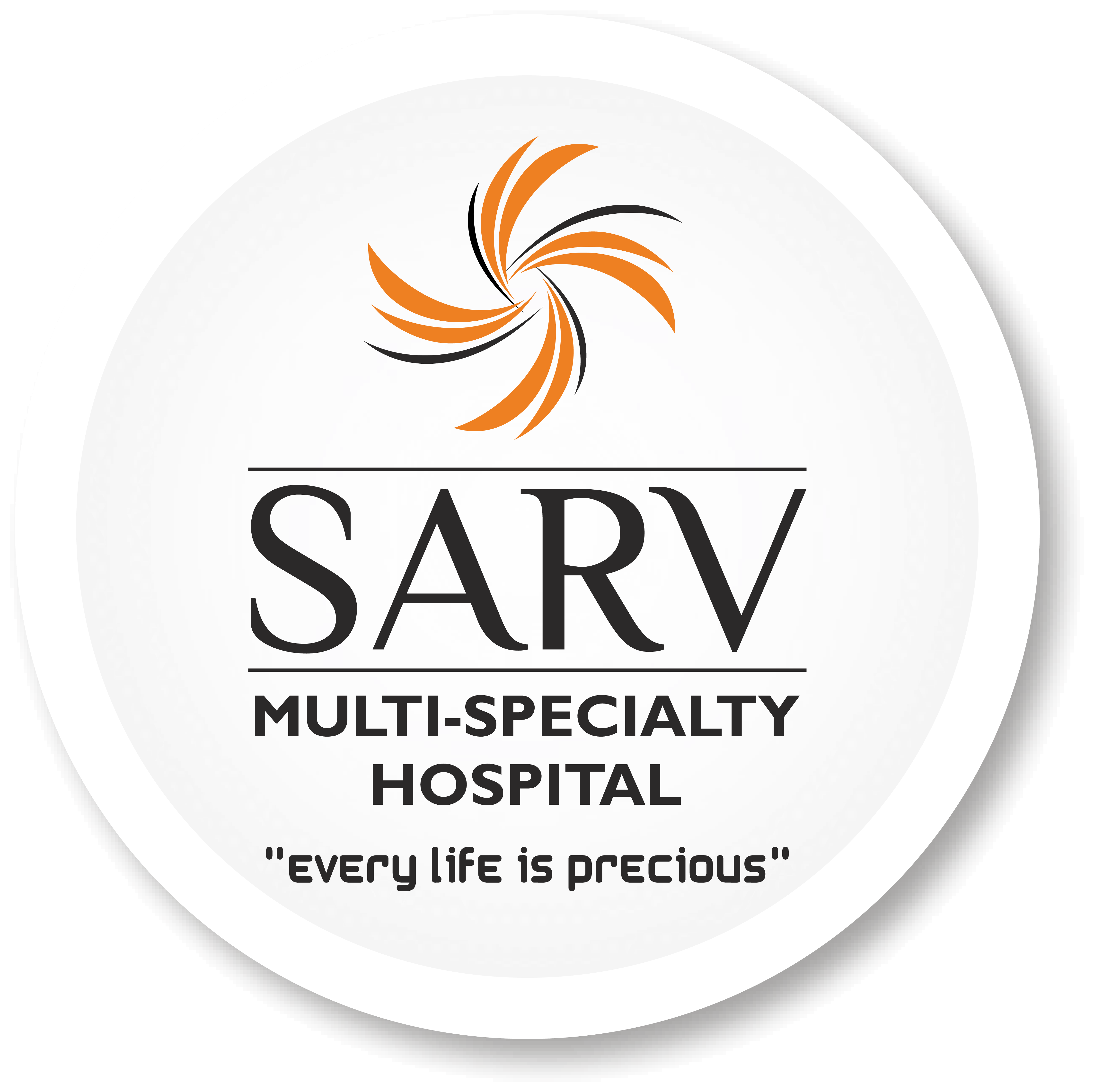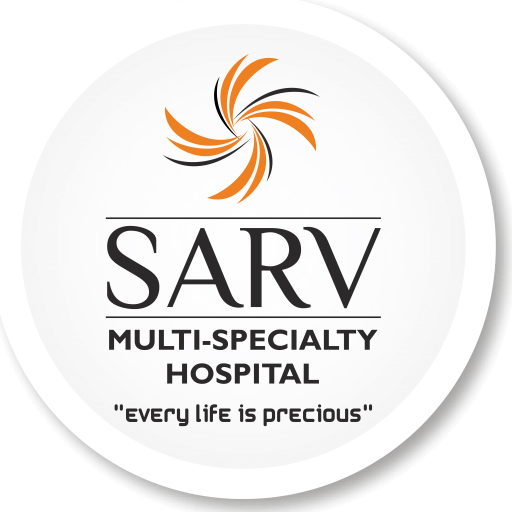Anesthesiology: Types and the Contribution of SARV Multispeciality Hospital in Availing Quality Services

Anesthesiology is a very important aspect of medical procedures since it makes it possible to protect patients’ welfare during critical medical procedures. In executing her duties, an anesthesiologist successfully takes care of patient pain and anesthesia administration, as well as monitoring patients’ vital parameters during surgeries, among many other procedures. As modern medicine has progressed and evolved, anesthesiology has also transformed into a subspecialty that is diverse and contains different sorts of anesthesia based on the medical condition of a patient. As a facility that prides itself in delivering quality health care, SARV Multispeciality Hospital has an edge in rendering the best anesthesiology services. We start by understanding the various forms of anesthesiology and how SARV Multispeciality Hospital has positioned itself in this important field.
Types of Anesthesiology
Anesthesia has many forms, and the use of each type depends on the type of surgical procedure performed, the patient’s state of health, and the level of anesthesia needed. The most notable ones are these:
General Anesthesia
General anesthesia is to put the patient in a comatose and unconscious state and devoid of any awareness for the duration of the operation. It is a procedure that is mostly used in the majority of surgical operations like heart surgery, brain surgery, and others that are complex. The patient is in a state of complete sedation, and the patient’s utmost functioning systems are adequately monitored during the operation.
Regional Anesthesia
Regional anesthesia seeks to render the patient insensible in a designated region of the body such that, although the patient is unconscious in that region, they remain fully aware and in control of the rest of the body. This is particularly true in surgeries that involve various limbs and orthopedic surgeries. Other varieties of regional anesthesia used include spinal and epidural anesthesia, which is also common in female labor and surgical procedures that involve the lower part of the body.
Local Anesthesia
Local anesthesia refers to the numbing of the surface of a small area of a body in preparation for a procedure on that area. This type of anesthesia is also employed in short and uncomplicated operations such as dental work or skin scrapes. While awake and alert, the patients do not feel discomfort in the area in focus.
Sedation (Monitored Anesthesia Care)
Sedation refers to the use of medicines designed to relax or induce sleep in patients without completely losing the patient’s response during a procedure. It is used for less invasive treatments such as colonoscopy or endoscopy. Depending on the type of anesthesia, patients may have partial or complete amnesia of the procedure at the end of it.
How does the SARV Multispeciality Hospital Offer Expert Anesthesiology Services?
The SARV Multispeciality Hospital has been very active and successful in providing a safe and efficient anesthesiology service whereby patients are fully taken care of during and after surgical procedures. Here is how SARS performs very well in this subspecialty: This paragraph may be unnecessary and may distract readers.
Expert Team of Anesthesiologists
The hospital is home to a competent section of anesthesiologists, some of whom have vast experience in different surgical cases and can treat them effectively. These practitioners are able to perform simple and complicated anesthesia procedures that require them to give each patient an individualized approach according to his or her needs.
Advanced Monitoring and Technology
One of the methods that SARV Multispeciality Hospital uses to ensure patient safety during surgical operations is the use of advanced machinery to monitor patients throughout the operation. Throughout the surgical procedures that patients undergo, the constant checking of the heart rate, bios table blood pressure, oxygen concentration, and some other parameters will definitely help to ensure that complications do not occur at the time of anesthesia.
Preoperative Evaluation
Before even a single surgical procedure is commenced, the SARV anesthesiologists carry out a preoperative evaluation to obtain the patient’s medical, allergies, medication, and other pertinent details. This helps to select the most effective and least invasive type of anesthesia for the widow to avoid or minimize sobering side effects.
Management of Pain after Surgery
At SARV Multispeciality Hospital, they continue to regard the patients even after their procedures, as is the case. The anesthesiology team does well in devising ways to enhance comfort during recovery to avoid post-operative complications. This could include prescribed drugs and supportive care to reduce pain and help with pain management, rescheduling if necessary.
Patient Safety Is Of the Greatest Priority
There is only one operation done in SARV Multispeciality Hospital that puts patient safety concerns first and foremost. There are many procedures and rules with which surgical activity can be made much safer with respect to anesthesia. The well-trained and skilled team of professionals is adequately prepared for any unforeseen complication or emergency to maximize patient care.
Conclusion
There is no doubt that anesthesiology is one of the most important branches of modern medicine as it allows safe and painless surgical treatment to patients. There are various types of anesthesia so that the medical requirements of each patient are adequately met. Patients at SARV Multispeciality Hospital do not second guess the skills of the anesthetists, the technology, or the zeal for patient safety. Be it a minor operation or a major one, every patient can expect the provision of comprehensive anesthesiology service at SARV because every patient deserves it with peace of mind and care.
Do not hesitate to call us now for further information about anesthesiology or to book an appointment with a professional at SARV Multispeciality Hospital!


